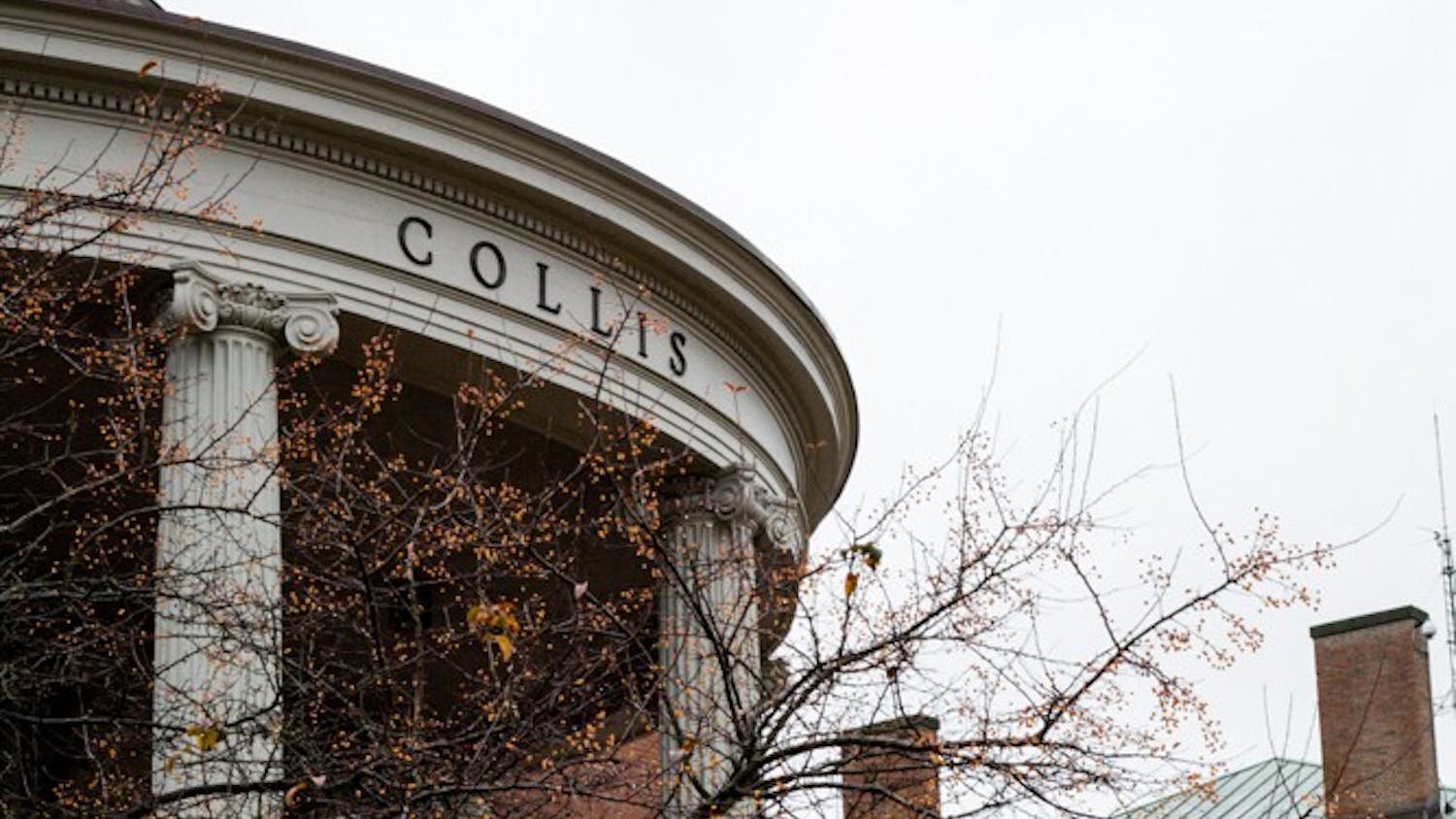More than 70 students from around the Ivy League met this weekend at Dartmouth for the Ivy Council's spring 2005 conference. The event, which began Friday and ended Sunday, allowed members of Ivy League student governments to discuss issues such as alcohol policies and Greek life.
This spring's delegates did not reach a conclusion on a resolution encouraging the U.S. Congress to address the issues surrounding rising tuition. The University of Pennsylvania's Undergraduate Assembly and Dartmouth's Student Assembly have already passed versions of the resolution.
The council voted to indefinitely postpone a final decision on the resolution, according to Dartmouth head delegate Jacques Hebert '07, who is also a writer for The Dartmouth.
Though largely symbolic in nature, Hebert said that the council's support of the resolution would urge members of Congress to more thoroughly examine issues surrounding financial aid for needy students and rising tuition.
"It would have constituted a strong statement by people whose schools have a lot of stake in the allocation of funds for financial aid," he said. "By not passing it, we're just not using Ivy Council as a forum to make that statement."
The resolution elicited a significant amount of debate amongst council members, some of whom did not want to support the resolution, citing issues more specific and relevant to each school, according to Hebert.
Harvard's delegates were the main reason that the resolution did not pass, due to their strong opposition to the matter, delegate Frank Glaser '08 said.
"Harvard came with this list of 20 reasons why it was a bad resolution ... basically after that it was shot down," Glaser said.
Other schools' delegates did not seem to strongly oppose the resolution, he added.
Harvard's own undergraduate council had already rejected the resolution, which was presented by the same delegates who opposed it at the Ivy Council, according to Glaser.
Discussions at the conference are usually based upon prewritten questions and answers that are submitted by each school's delegation. The questions and detailed answers are compiled before the conference and distributed to the delegates. These questions are then addressed in breakout sessions, during which students discuss the issues as they relate to their respective schools.
This conference, however, was the first to feature informal policy workshops, which took place in the Top of the Hop. Students were asked at check-in Friday night what specific issues were most important to them, and were subsequently grouped for casual discussions based on the similarities of their interests.
Glaser said the workshops helped orient the discussions toward actual change, as opposed to simply theoretical discussion.
He also said that the council is making headway in terms of being taken seriously by Ivy League students.
Glaser said, "[The weekend] fostered communication, and I think that the student assemblies are actually going to start to implement changes based on the conference."



